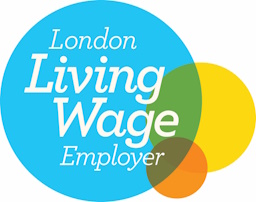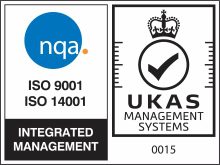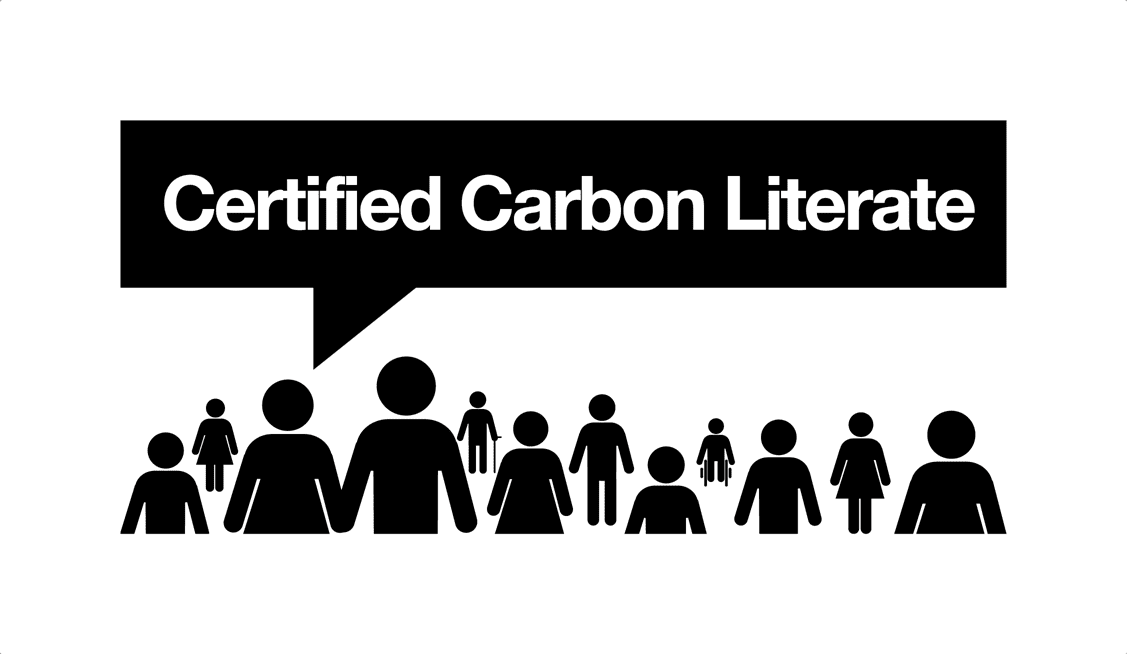The British Chambers of Commerce’s Quarterly Economic Survey (QES) is the UK’s largest independent survey of business sentiment, that also highlights UK GDP growth and the latest economic indicators across the nation. The information provided by businesses is invaluable to decision-makers, helping them to assess what support is needed both locally and regionally, and ensuring that business productivity and investment is maintained.
The latest QES for quarter two of 2022 saw over 5,700 businesses take part, with many firms revealing a weakening in domestic sales, investment intentions and longer-term turnover confidence.
Further to this, 82% of firms who were surveyed cited inflation as a growing concern for their business, with 65% of firms expecting to raise prices with no sign that this will level off.
Compared to quarter one of 2022, indicators for turnover and profitability confidence and investment have all worsened. Firms that are expecting an increase in turnover in the next twelve months has dropped from 63% to 54%, which is the lowest figure since quarter four in 2020.
65% of firms now expect to raise their prices in the next three months, a record high and a 23% rise on a year ago today. When firms were asked which factors were driving price rises, 67% cited utility bills, 66% labour costs, 56% fuel and 53% raw materials. The sectors which are worse affected by these high costs are retail and wholesale, construction and engineering, manufacturing and production.
Despite the current downward trend in domestic sales, business activity still remains buoyant. 41% of respondents reported an increase in domestic sales, down from 42% in Q1. In the services sector, firms reporting increased domestic sales stood at 24%, compared to 21% in Q1. However, in the manufacturing sector, firms reporting increased domestic sales fell to 19%, which is the lowest level since Q1 2021.
Sara Williams, CEO of Staffordshire Chambers of Commerce, said: “The declining confidence in business performance has affected many firms’ plans to increase their investment. This of course comes as no surprise as businesses deal with cost pressures from all directions. The rise in inflation has had a detrimental impact on firms’ abilities to invest in their staff, their business and their raw materials, causing a further disruption to business productivity and growth.
“It is now essential that the Government take serious action to help businesses through these challenging times in order to help stabilise the UK’s economy.
“Chambers across the network have echoed the BCC’s call for a 5% cut in VAT for energy bills and to relieve the tax burden on firms which will ultimately encourage further investment. It is now also critical that the Government addresses the labour shortages by implementing a long-term strategy that will help businesses to recruit the right people with the necessary skills for the role.”
In order for confidence to be restored, the Government must quickly demonstrate that it is on the side of business, allowing more firms to invest and return some momentum to the economy.
If you would like to discuss the latest QES results or if you have any business concerns or issues, please get in touch by emailing rhouda.elalfy@staffordshirechambers.co.uk.










You must be logged in to post a comment.